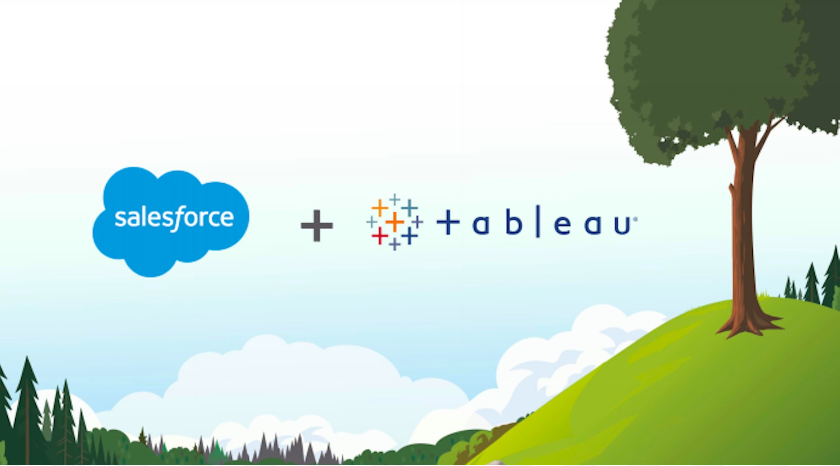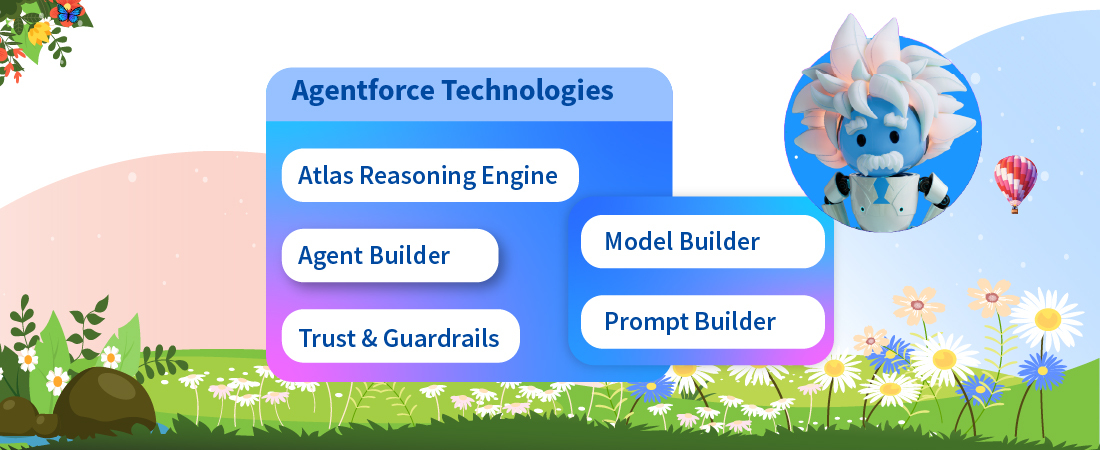Salesforce has come a long way since its inception from being a cloud CRM only company to moving into the platform domain with Force.com but things have started to come full circle for this CRM giant with recent acquisitions of Mulesoft and Tableau.
For a company that was the poster boy for the cloud and no software movement. Salesforce’s acquisition of Tableau and Mulesoft has highlighted how Salesforce is understanding the importance of hybrid deployment. Not all enterprise applications can be on the cloud and increasingly enterprises are deploying a combination of on-premises and cloud.
With recent development in domains like near-field communication and IoT, corporations clearly understand that data is distributed across platforms, and Salesforce also comprehends these developments.
Salesforce has invested in dashboards and analytics heavily since its inception, but with the acquisition of Tableau, this capability of Salesforce will undergo a sea change. From the perspective of data acquisition, the amount of data that an enterprise has is absolutely humongous. Salesforce does amazing work on the information that it has on its platform, but with Tableau, it now has the capability to leverage data that spreads across various channels. Giving a corporation the capability to draw insights from a range of data.
With Salesforce moving into domains like eCommerce, it conceives the need to better understand customer personas and generate data insights that drive customer analytics. This data is both on-premise and on the cloud, it is within Salesforce, relational databases, and Excel sheets. With Tableau, Salesforce will be able to build a bridge and build a simple solution to visualize data.
As highlighted earlier, Salesforce had analytics as part of its platform, but with Tableau, it can now support a range of analytics.
With Tableau’s acquisition, Salesforce opens up new avenues for customer analytics outside of Salesforce ecosystem. Though some Tableau customers might be wary of the impact that Salesforce would have especially with Salesforce Analytics and Tableau having some overlapping features.

Better Data better decision making:
With the acquisition of Tableau, one thing is clear, good data drives better decision making. With corporations increasingly capturing data in real time, decision making is undergoing a change. One thing to keep in mind is that data needs to be democratized within an organization and it needs to be accessible to all the functions in an organization ranging from sales, marketing to finance. Salesforce though leveraging Tableau will help its clients better visualize and analyze the data.
Analytics workloads are increasing and one of the reasons is because Big Data has grown exponentially because of the low cost of data storage in the cloud. Technology providers like Salesforce have for long been looking at ways of analyzing complex data for their customers. Also, Salesforce Einstein ML and AI are the next frontiers and with investment by Salesforce in these areas highlights the importance that it puts on this domain.
Wrapping up:
Salesforce became universally admired because of two reasons: the disruption that it brought in the enterprise software domain with its SAAS based model and the innovation that was emanating from within it.
With the acquisition of Tableau, both these paradigms are undergoing a change, acquiring a company to enter an entirely new area of n premise software.
Predicting the future is never easy and only time will tell how the acquisition of Tableau brings about a shift in Salesforce.






